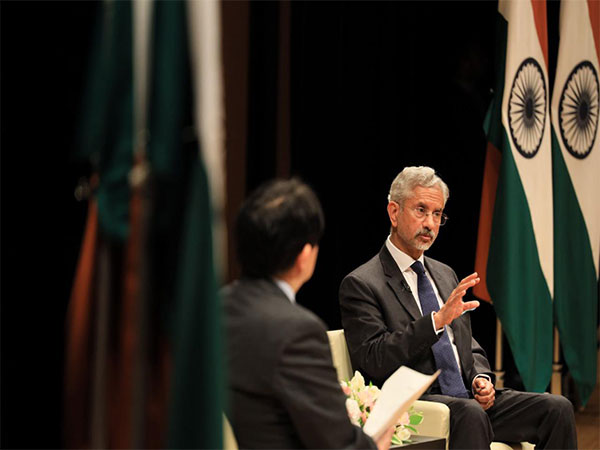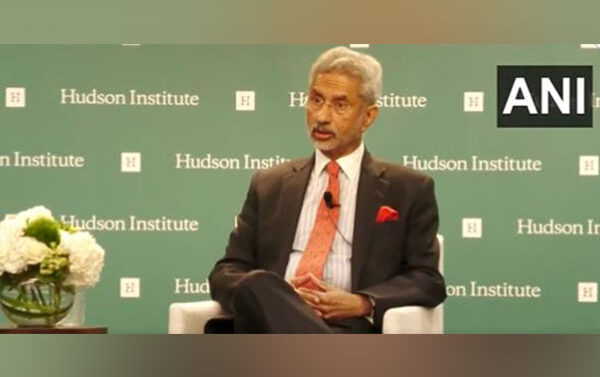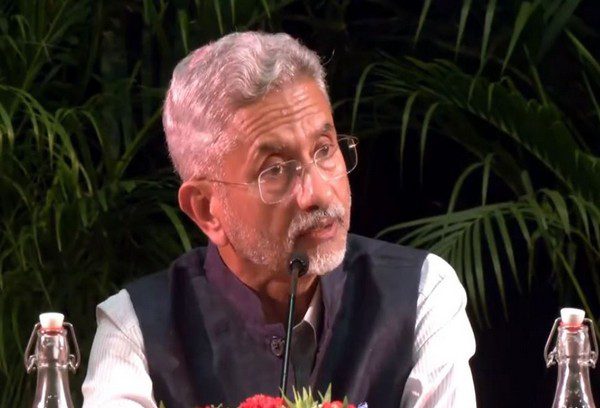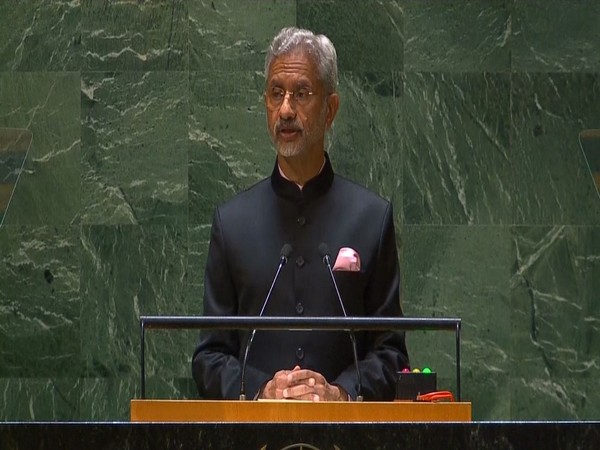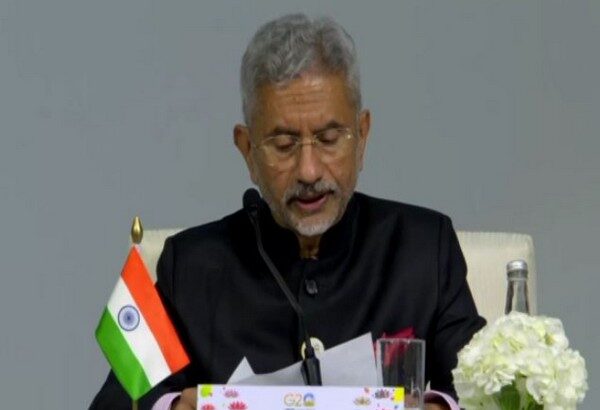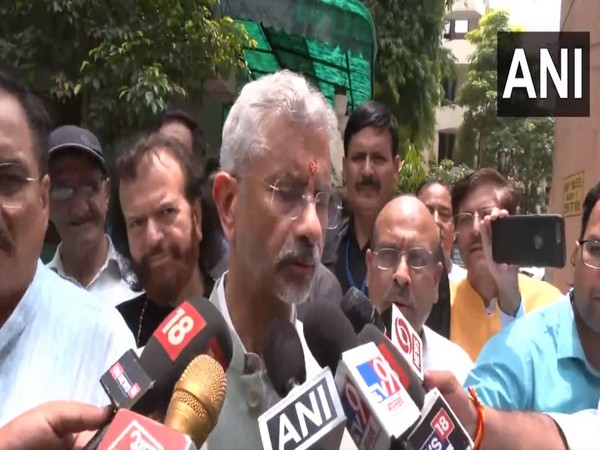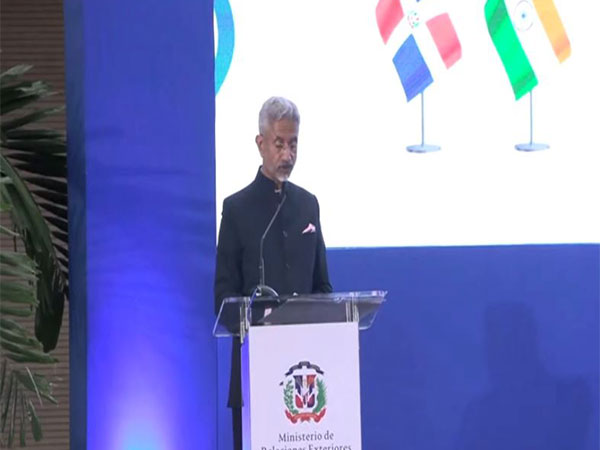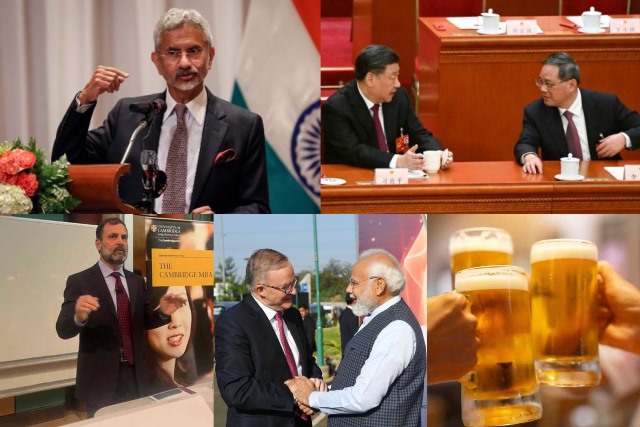External Affairs Minister S Jaishankar on Friday emphasised that India-Japan ties will both draw strength from larger activities together, especially from the Quad.
Speaking at Nikkei Forum on the India-Japan Special Strategic Partnership, EAM said that solutions for India and Japan nationally, as well as regionally and globally, lie there.
“My argument is that India-Japan ties will both draw strength from our larger activities together, especially from the quad, but also contribute to its effectiveness and its breadth,” he said.
Jaishankar added, “The bottom line is that the world is changing, the Indo-Pacific is changing, and India and Japan are changing, but in our relationship, many solutions for us nationally, as well as region and for the world lie there.”
Jaishankar is on a visit to Japan from March 6-8 for the 16th India-Japan Foreign Minister’s Strategic Dialogue with his Japanese counterpart, Yoko Kamikawa.
He further stressed that India-Japan relationships need to be continuously tended at various levels.
“They also need to be constantly refreshed,” he added.
EAM highlighted that there will always be new complexities but equally fresh opportunities will also be there. “This is how India and Japan should approach each other today,” he said.
After holding discussions with his Japanese counterpart, he said, “We are convergent on the big picture and the key concerns.”
He stressed that our inclination and ability to respond in a more coordinated manner have also improved.
Highlighting the defence sector, Jaishankar noted that a bilateral military exercise is going on between India and Japan as of now.
Moving further to investment, he said, “It is much better in investment, though trade remains flatter than we would wish.”
India and Japan are also having an active conversation on emerging technologies that hold much promise, he said.
“Creating new supply chains and building a stronger digital connection are priorities for both of us,” EAM said.
Moreover, he also emphasised that both nations are working well together in world politics, including, of late, in multilateral organisations.
However, people-to-people linkages, lag behind and clearly need more attention, he stressed.
When asked about whether China is part of the Global South or not, as it was not part of the Global South Summit, Jaishankar said, “At the two summits (Global South Summit), which we conveyed, I don’t believe China was present.”
Earlier on Thursday, addressing the Raisina Roundtable in Tokyo, Jaishankar, citing the turbulence in India’s relationship with China amid the border standoff, said that it is a cause of concern if a country doesn’t observe written agreements with its neighbours and also raises a question on the said country’s intentions.
India’s foreign minister also said that when big power shifts take place in the Indo-Pacific region, there are accompanying and strategic consequences.
He further said that although countries intend to keep relationships stable despite changing dynamics but that has not been the case with China.
“It’s not an issue whether you like or not like it, there is a reality out there and you have to deal with that. Ideally, we would assume ‘Everybody would say okay, things are changing but let’s keep it as stable as we can’. Unfortunately, that’s not what we have seen in the last decade,” Jaishankar said. (ANI)
For more details visit us: https://lokmarg.com/
